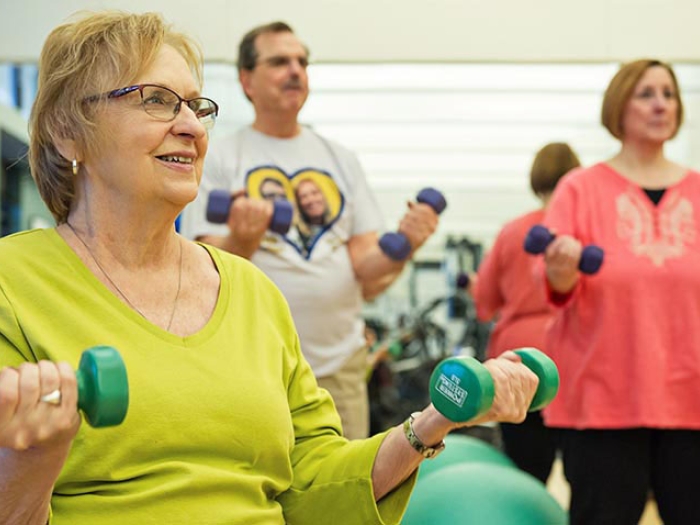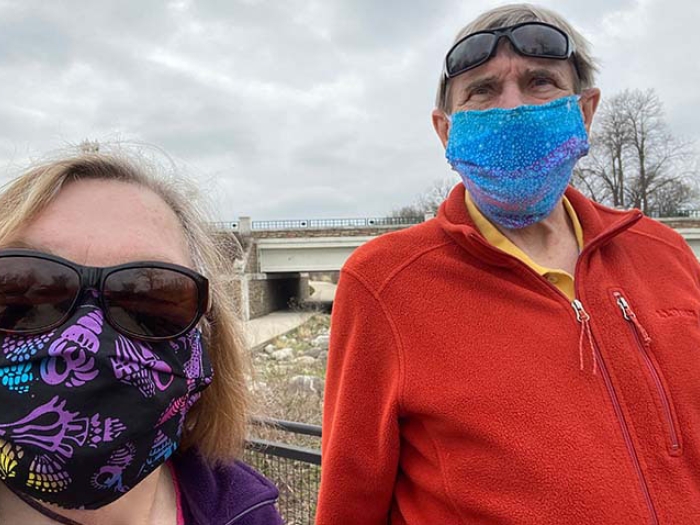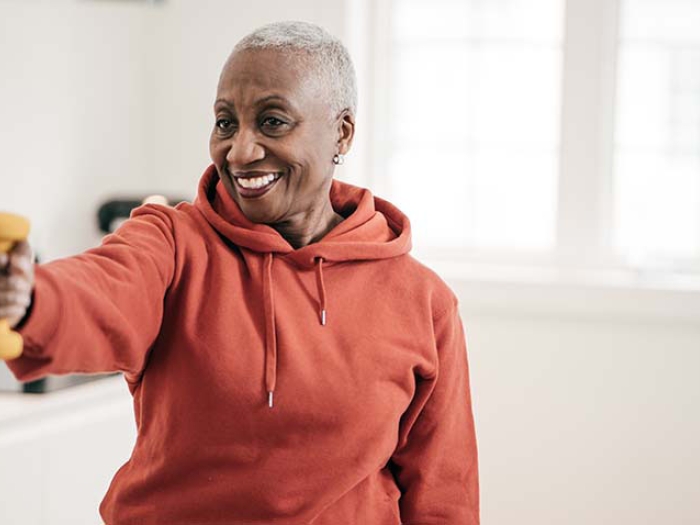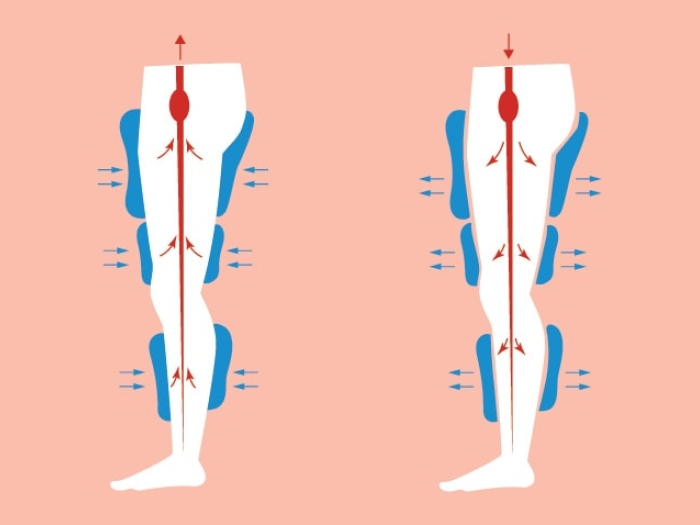Making the time and effort to recover after a cardiac surgery or procedure is a key element of healing.
1:00 PM
Author |
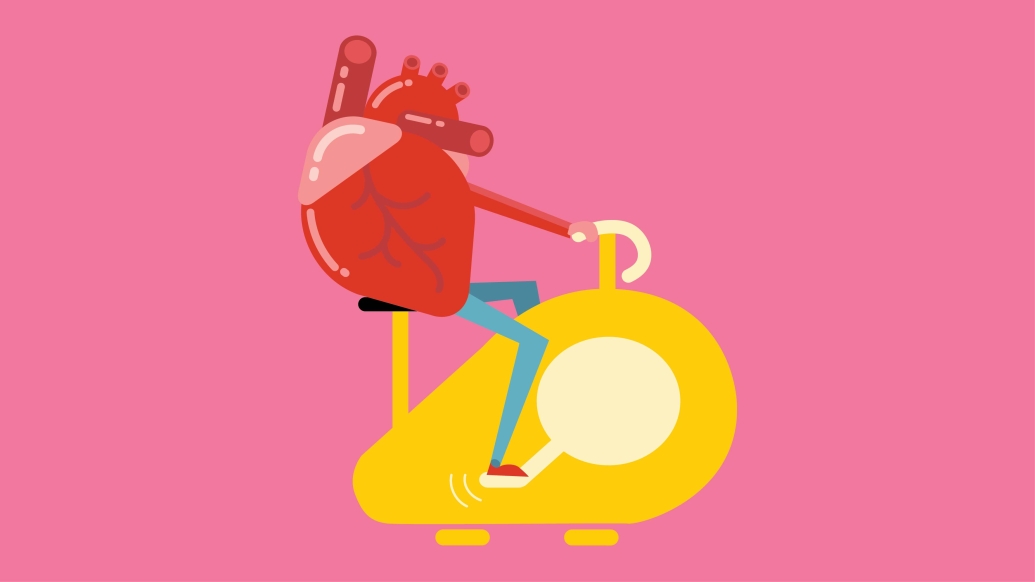
If you've had heart surgery or another heart-related procedure, cardiac rehab is most likely an important part of your recovery.
SEE ALSO: 5 Ways to Measure Your Heart Disease Risk
Cardiac rehabilitation is a medically supervised program that helps improve the health and well-being of people who have heart problems. Rehab programs include exercise training, education on heart-healthy living and counseling to reduce stress and help you return to an active life.
According to the New England Journal of Medicine, however, only 10 to 20 percent of those eligible for cardiac rehab actually participate in such a program.
Here are some of the myths that often keep heart patients from pursuing cardiac rehab — and why it's important to make the effort:
Myth: I'm not sure rehab is safe for me.
Fact: Some patients shy away from rehab because they're afraid they are not physically ready.
Health care providers can help make that call. The Cardiac Rehabilitation Program at the University of Michigan Health System begins with a comprehensive screening process that allows us to catch potential health issues early.
Everyone deemed eligible to participate has been thoroughly evaluated by U-M staff members with extensive cardiac care experience and a focus on safe rehab.
Myth: I don't have time to work out.
Fact: Ongoing good health often requires making adjustments to your schedule to be able to add this key aspect into it. Most cardiac rehabilitation programs are flexible and designed to accommodate the scheduling needs of those who have experienced a major cardiac surgery or cardiac event. For these patients, doctors recommend between six and 12 weeks of rehab. Many patients then transition to another facility to keep up their progress.
At U-M, we follow up with patients at one-, six- and 12-month marks to check the efficacy of their exercise regimen and help them re-evaluate their fitness goals.
Myth: I can't afford it.
Fact: Medicare covers 80 percent of cardiac rehab for eligible patients, which includes 18 to 36 sessions — the time it normally takes to see results. Payment plans are also available.
Remember, some form of exercise is better than nothing. If you can only afford a few sessions, our team will teach you the most beneficial cardiac rehab techniques during the time you spend with us.
Myth: I know everything I need to know about my health.
Fact: The old saying, "You're never too old to learn something new," applies to your health. The U-M cardiac rehab team offers extensive expertise, not only in exercise, but also in nutrition and other lifestyle topics.
Our staff also acts as a liaison between you and your doctor. Plus, you get emotional support and camaraderie as you meet others in a similar situation who understand your fears and feelings.
Many patients find this support is key to their recovery and well-being.

Explore a variety of health care news & stories by visiting the Health Lab home page for more articles.

Department of Communication at Michigan Medicine
Want top health & research news weekly? Sign up for Health Lab’s newsletters today!
